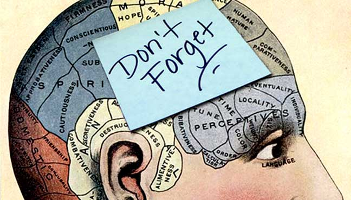What I do Before Going to Sleep Affects my Dreams
Submitted by Edgar Reyes on Mon, 03/11/2019 - 02:31
Have you ever noticed that your dreams sometimes follow what you were doing right before you went to bed? Sometimes I watch action packed films and wake up in the morning with a cool story to tell about all the bad guys I out-maneuvered that night. Or sometimes I’ll get into playing video games with my 7-year-old a for a few hours and then dream that I was the main character in the game going on all sorts of quests and defeating level bosses. Sometimes I read about some of the evil in the world and my dreams can get quite dark and nightmarish. On the other hand, when I take some time to meditate and read uplifting material before bed, I often see very kind people and we have very pleasant interactions.
I would love to hear your experiences with this. Please leave a comment below!
Hm, as I re-read what I just wrote and ponder over all the other material on this website, I am getting a notion that I really ought to direct my daily attention with more purposeful intention. I mean, uplifting thoughts not only make my day more pleasant, but also my nights! Who doesn’t want that? It’s in my grasp if I can just manage to make constant decisions to pick up positive, uplifting reading material instead of the scary and depressing stuff that is so much more readily available in this day and age.
Did someone say “thought-experiment”?

